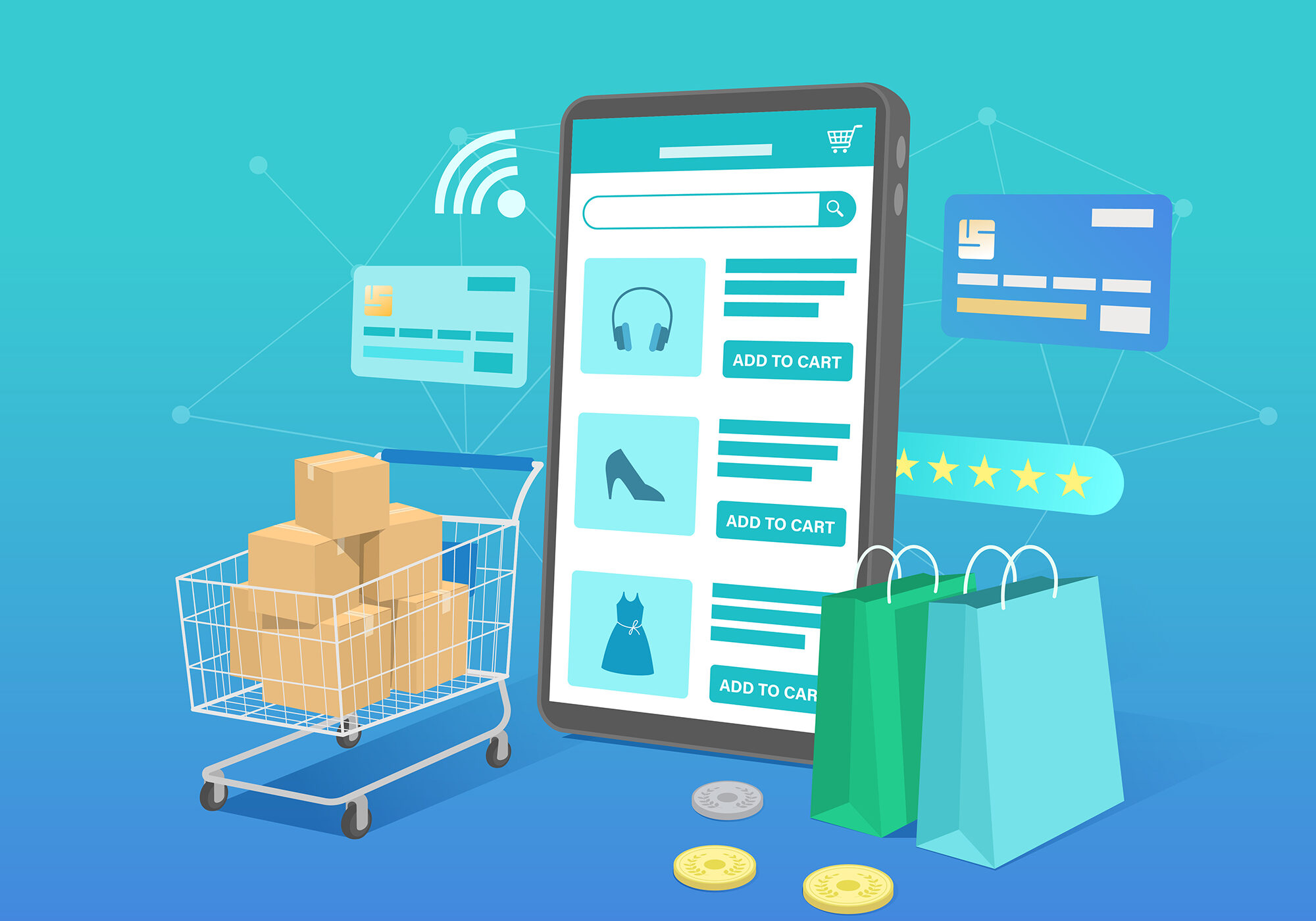
Shopify: Revolutionizing E-commerce
In the ever-evolving landscape of e-commerce, Shopify has emerged as a powerhouse, revolutionizing the way businesses sell their products and services online. Founded in 2006 by Tobias Lütke, Daniel Weinand, and Scott Lake, Shopify has grown from a small startup to a global e-commerce platform that powers over a million businesses in more than 175 countries. Its success can be attributed to its user-friendly interface, customizable features, and robust ecosystem that empowers entrepreneurs and businesses of all sizes to create, manage, and scale their online stores.
The Rise of Shopify:
Shopify's journey began with the founders' vision to simplify the complexities of online retailing. Traditional e-commerce solutions were often daunting for small business owners, requiring technical expertise and significant financial investments. Shopify changed this paradigm by offering a cloud-based platform that allows users to set up their online stores without the need for coding or design skills. This simplicity, combined with a range of powerful features, quickly gained traction in the market.
User-Friendly Interface:
One of Shopify's key strengths is its intuitive user interface. The platform provides a drag-and-drop store builder, enabling users to customize their websites easily. From choosing templates to adding products and managing inventory, Shopify streamlines the entire process, allowing entrepreneurs to focus on their products and customers rather than grappling with technical complexities.
Customization and Flexibility:
Shopify's customization capabilities are unparalleled. Users can choose from a vast selection of professionally designed themes and customize them to match their brand identity. Additionally, the platform supports a wide array of third-party apps and plugins that enhance functionality. Whether it's integrating social media, implementing advanced analytics, or optimizing for search engines, Shopify's app store offers solutions for virtually every business need.
Secure and Scalable:
Security is paramount in online retail, and Shopify understands this. The platform offers robust security features, including SSL certification and PCI DSS compliance, ensuring that customer data is protected. Moreover, Shopify's cloud-based infrastructure ensures scalability. Whether a business is just starting or experiencing rapid growth, the platform can seamlessly handle varying levels of traffic and transactions.
Empowering Entrepreneurs:
One of the standout features of Shopify is its commitment to empowering entrepreneurs. The platform provides a plethora of resources, including guides, tutorials, and a supportive community forum, enabling users to learn and grow their businesses. Additionally, Shopify Academy offers online courses and webinars, equipping entrepreneurs with essential skills and knowledge to succeed in the competitive e-commerce landscape.
Shopify and Dropshipping:
Shopify has played a significant role in popularizing the dropshipping business model. Through integrations with suppliers and automation tools, entrepreneurs can create online stores without holding inventory. This low-risk model has allowed countless individuals to enter the world of e-commerce with minimal upfront investment, driving a surge in entrepreneurship.
Shopify Plus:
For larger enterprises and high-volume businesses, Shopify offers Shopify Plus, a robust enterprise-level solution. Shopify Plus provides advanced features such as dedicated account management, custom automation, and tailor-made APIs. This ensures that even the most complex and high-demand businesses can operate seamlessly on the platform.
Shopify's Impact on Small Businesses:
Small businesses form the backbone of economies worldwide, and Shopify has been a game-changer for them. By providing an accessible, affordable, and powerful platform, Shopify has empowered countless small businesses to establish their online presence. During the COVID-19 pandemic, when physical stores faced closures and restrictions, Shopify became a lifeline for small businesses, allowing them to pivot to online sales swiftly.
Shopify's Ecosystem:
Shopify's influence extends beyond its core platform. The company has cultivated a thriving ecosystem of developers, designers, and partners who contribute to its growth. These professionals create apps, themes, and services that enhance the Shopify experience. Moreover, Shopify supports a vast network of payment gateways, shipping carriers, and marketing tools, providing users with diverse options to optimize their operations.
Challenges and Future Prospects:
While Shopify has achieved remarkable success, it is not without challenges. The competitive landscape of e-commerce constantly evolves, with new technologies and trends shaping consumer behavior. Shopify must continue to innovate, staying ahead of the curve to meet the changing needs of businesses and consumers. Additionally, addressing concerns related to sustainability and environmental impact is becoming increasingly important for e-commerce platforms, and Shopify is actively working towards more eco-friendly solutions.
In the future, Shopify is poised to capitalize on emerging technologies such as artificial intelligence and augmented reality. These innovations have the potential to revolutionize the online shopping experience, providing personalized, immersive interactions for consumers. By integrating these technologies seamlessly into its platform, Shopify can further enhance user engagement and satisfaction.
